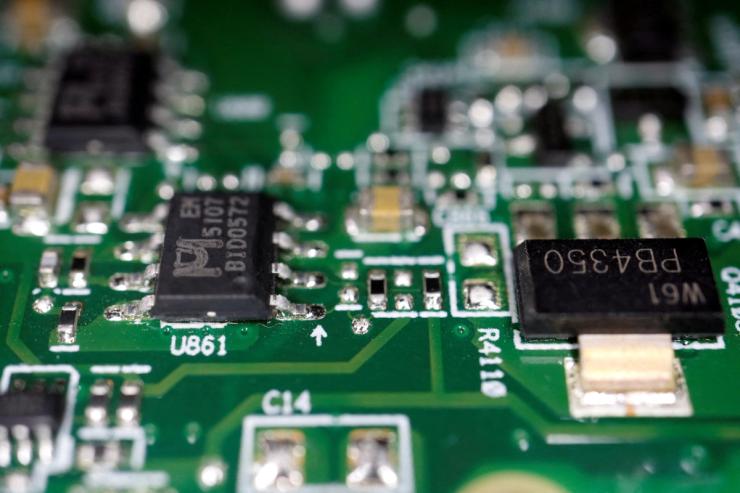
Semafor Signals
How Asia’s tech companies view the US presidential race

The News
The outcome of the coming US presidential election will have long-lasting ramifications for the global tech industry, with America’s stance on international trade likely to shift no matter the outcome.
The most competitive sectors, like semiconductor chips, batteries, and electric vehicles, could see the greatest impact, while Asian tech companies outside of China that have previously benefited from US subsidies are also bracing for change, especially if Donald Trump wins.
SIGNALS
CHIPS Act in the spotlight in election’s final sprint
Trump has repeatedly voiced frustration with Taiwan’s semiconductor industry, most recently telling podcaster Joe Rogan that Taiwan “stole our chip business.” Trump also criticized the bipartisan CHIPS and Science Act, a law that pours billions in federal subsidies to boost domestic chip production although Republican House Speaker Mike Johnson has walked back comments suggesting his party would “probably” try to repeal it if Trump wins on Nov. 5. Global chip leader Taiwan Semiconductor Manufacturing Company, which has a plant in Arizona that is seeing high production yields, may be particularly vulnerable, as Trump has called for tariffs on Taiwanese chips, saying foreign companies shouldn’t be able to get US government money. Meanwhile, a Harris win could still result in more controls on the chip industry, especially through limits on tech exports to China.
Top Korean battery firms rely on US subsidies
Korea’s top battery companies have “depended” on credits from the US Inflation Reduction Act to boost their bottom lines, and Trump’s criticism of the 2022 law has them on edge, The Korea Herald reported. If support for electric vehicles drops under a potential second Trump administration, Korean battery-makers could in turn reduce their investments in the US, experts said. “Trump has openly indicated that he will scrap the IRA if elected through many speeches,” one battery executive told the Herald, “but that would not be easy in reality,” because many Republican politicians support the law. “Our best strategy is to get as many subsidies as possible until they are gone,” another battery firm exec told Nikkei Asia.
Changes to visa rules could hurt Indian IT sector in US
Trump has vowed to strengthen US ties with India if elected, but the Asian country’s strong IT sector could suffer from the Republican’s hard-line immigration stance, analysts say. Trump’s first term in the White House led to restrictions on H-1B visas, which are critical for foreign professionals working in the US, and a “return to such policies could complicate Indian workers’ access to American job markets,” especially in tech, Hindustan Times wrote. Indian IT firms like Infosys and Tech Mahindra could both see operations hampered under a second Trump term, a recent report by Singapore-based PhillipCapital, but having been through his first term, some companies have adjusted to reduce their dependence on H-1B visas.

